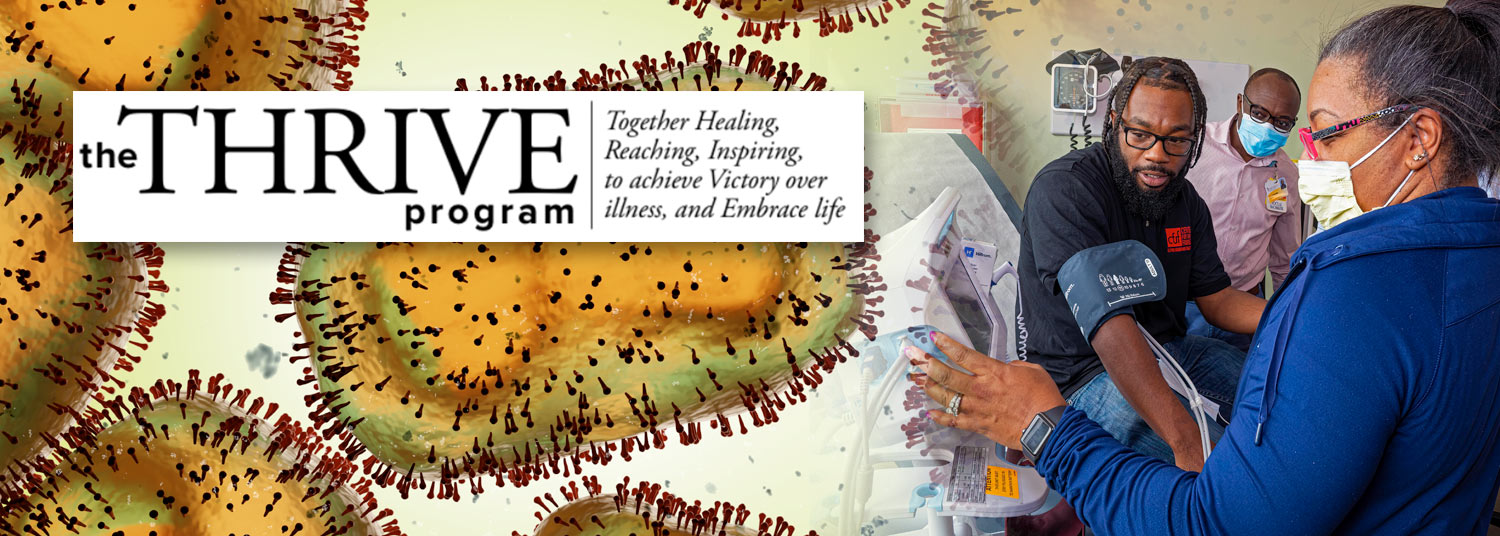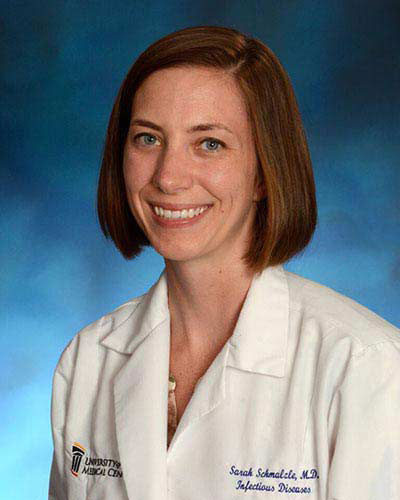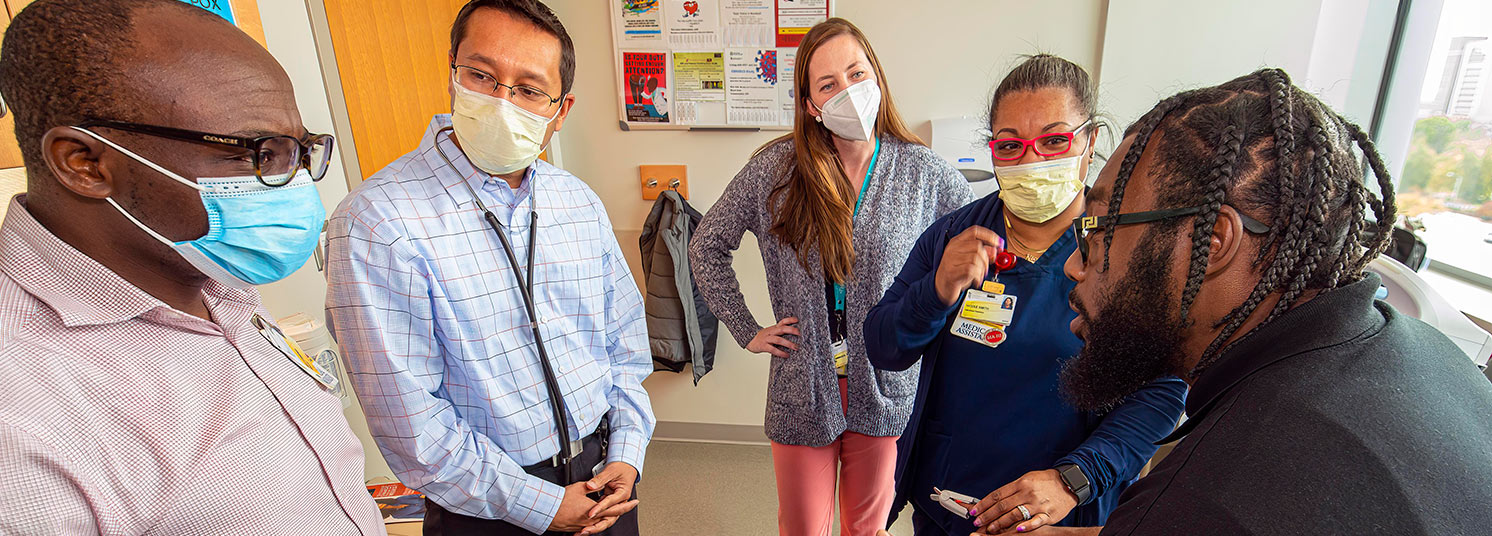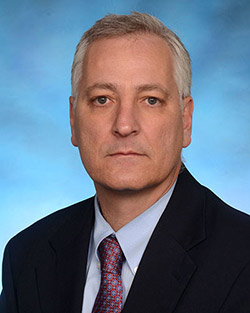December 30, 2022

Once again, the Institute of Human Virology’s (IHV) THRIVE program’s health care workers and staff have gone above and beyond to help the community battle its next simmering outbreak – monkeypox.
When monkeypox cases first reached the U.S. in May, patients initially didn’t know where to go or what to do if they were exposed or had symptoms. In the beginning, monkeypox treatments and vaccines were in short supply, and it was difficult for physicians to figure out the process for how to get these resources to their patients.
 The THRIVE (Together, Healing, Reaching, Inspiring to achieve Victory over illness, and Embrace life) program is IHV’s primary care and specialty practice for people living with HIV/AIDS. Yet, their health care teams seem to heed the call anytime there is a new neighborhood illness that disproportionally affects the individuals in their care, as was the case with COVID and now for monkeypox.
The THRIVE (Together, Healing, Reaching, Inspiring to achieve Victory over illness, and Embrace life) program is IHV’s primary care and specialty practice for people living with HIV/AIDS. Yet, their health care teams seem to heed the call anytime there is a new neighborhood illness that disproportionally affects the individuals in their care, as was the case with COVID and now for monkeypox.
Monkeypox is a virus that causes flu-like symptoms and a rash similar to the blisters and sores formed by smallpox that typically lasts two to four weeks. It’s primarily spread through skin-to-skin contact and is a sexually-associated infection. So far, there have been more than 73,000 cases of monkeypox across 109 countries in the world. Approximately 95-98% of cases are in gay and bisexual men who have sex with men.
“THRIVE stepped up because we have the expertise and compassion for treating marginalized groups, including men who have sex with men, who this next outbreak is mostly affecting,” said Sarah Schmalzle, MD, Associate Professor of Medicine and Medical Director of the THRIVE program at the University of Maryland School of Medicine’s IHV in the Division of Clinical Care and Research.
Fortunately, unlike the hushed tones of the HIV/AIDS pandemic of the 1980s, people aren’t afraid or reluctant to talk about monkeypox per se, but that doesn’t mean stigma doesn’t play a role in public health communications in this outbreak

“It’s a tricky situation. In trying to avoid stigmatizing people, the messaging has advertised monkeypox to the general public as something that could affect anyone versus more accurately talking about it as something primarily affecting gay or bisexual men who have sex with men,” said Dr. Schmalzle. “We should be honest about it and highlight the needs of the population at real risk.”
 If someone has been exposed or has symptoms, they would call the THRIVE clinic and make an appointment. The first visit uses telemedicine in a video format.
If someone has been exposed or has symptoms, they would call the THRIVE clinic and make an appointment. The first visit uses telemedicine in a video format.
"We see what their risks are, symptoms and history to see if they are a candidate for testing and treatment, and we'll go from there," said Judith Lee, NP, a nurse practitioner with the THRIVE program. “If the symptoms are consistent with what we’ve been seeing, lesions that look like monkeypox lesions, fever, chills, body aches, and rectal pain, then we can start treatment even before the person tests positive.”
The anti-viral medication Tecovirimat, known as TPOXX, is the current treatment used for monkeypox.
The people most at-risk to complications from monkeypox are young children, pregnant or breastfeeding mothers, people with certain skin conditions or with weakened immune systems such as those undergoing cancer treatment or with untreated HIV infections.
A U.K. study showed that about half of people testing positive for monkeypox also tested positive for another untreated sexually transmitted infection (STI). Because of this data and to ensure their patients get complete care, THRIVE providers test people with suspected monkeypox cases for other STIs, as well.
“There may be a person in the community who wasn’t our patient before but comes in for testing for monkeypox not realizing they have HIV or that they are at high risk for HIV. While they are here, we can get them started on HIV antiviral drugs or offer them PrEP to reduce their chances of getting HIV in the future,” says Ms. Lee. “This may be an opportunity to help people in the community at high risk for STIs, but who don’t get typical access to health care to begin with.”
 As such, THRIVE is offering sexual health and prevention visits to anyone concerned that they have, or are at risk for, monkeypox.
As such, THRIVE is offering sexual health and prevention visits to anyone concerned that they have, or are at risk for, monkeypox.
Thus far, THRIVE has evaluated 40-50 people for monkeypox, and has treated about 25 cases in the community. As THRIVE was one of the few health care practices in Baltimore to quickly launch monkeypox testing, they worked with the Maryland Department of Health and Baltimore City Health Department to have TPOXX on site, eliminating the prior delays in getting it to patients. They’re also now one of several sites to be given the monkeypox vaccine (Jynneos) to vaccinate their patients directly. THRIVE and their sister-community program, IHV’s the JACQUES Initiative, are working together to get the word out that vaccination is now available to the patients most at risk for monkeypox.
“There is not only deep clinical expertise to provide complicated diagnostics and treatments that are needed for new viral epidemics like COVID and now monkeypox at THRIVE, but also real passion to provide that care,” said Anthony Amoroso, MD, Professor of Medicine and Director of the Clinical Innovations Program in the Division of Clinical Care and Research at UMSOM’s IHV. “The THRIVE team is excellent, and we are proud that the IHV through THRIVE and the JACQUES Initiative continue to be a trusted providers in our community.”
Contact
Office of Public Affairs
655 West Baltimore Street
Bressler Research Building 14-002
Baltimore, Maryland 21201-1559
Contact Media Relations
(410) 706-5260
